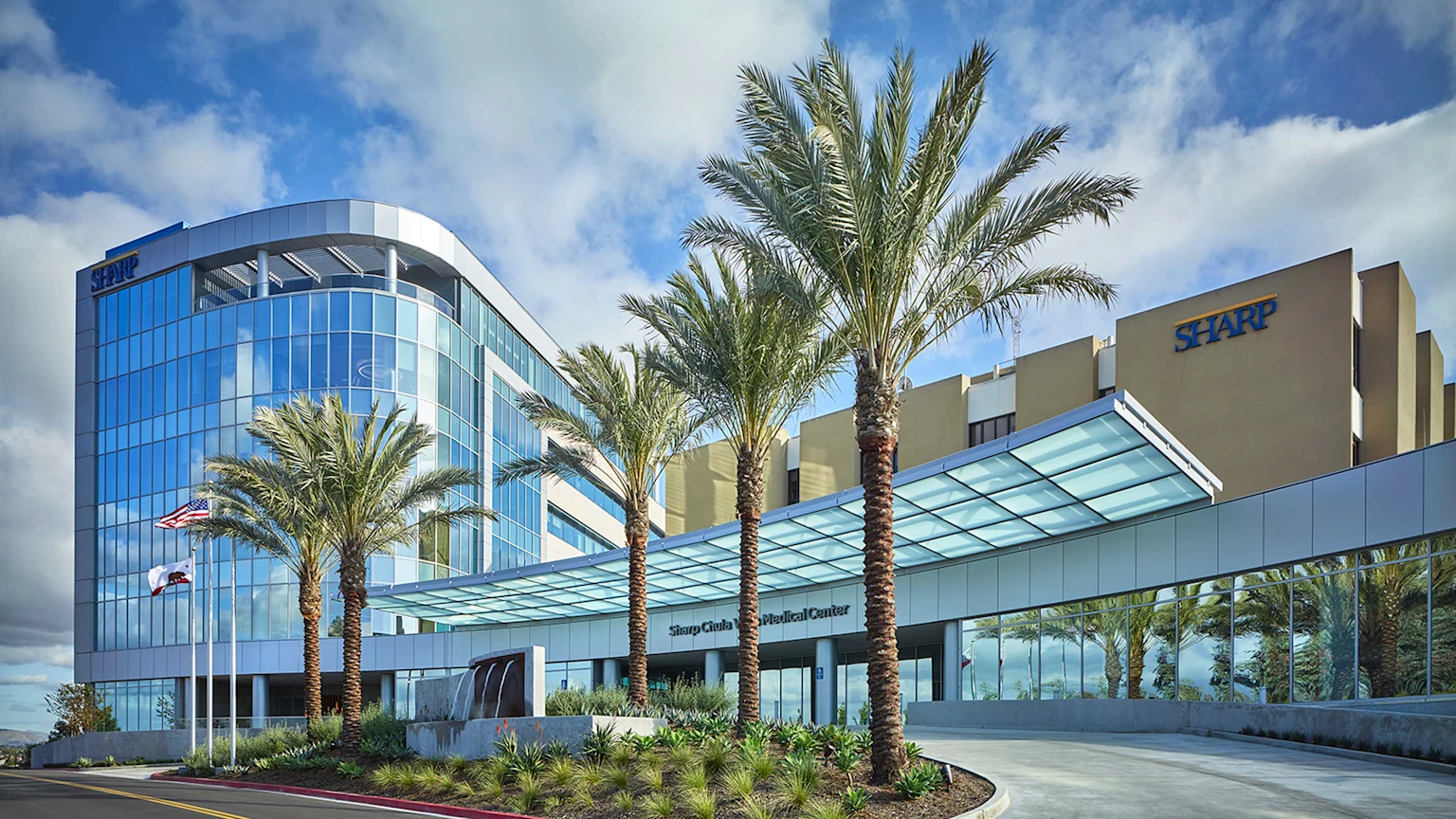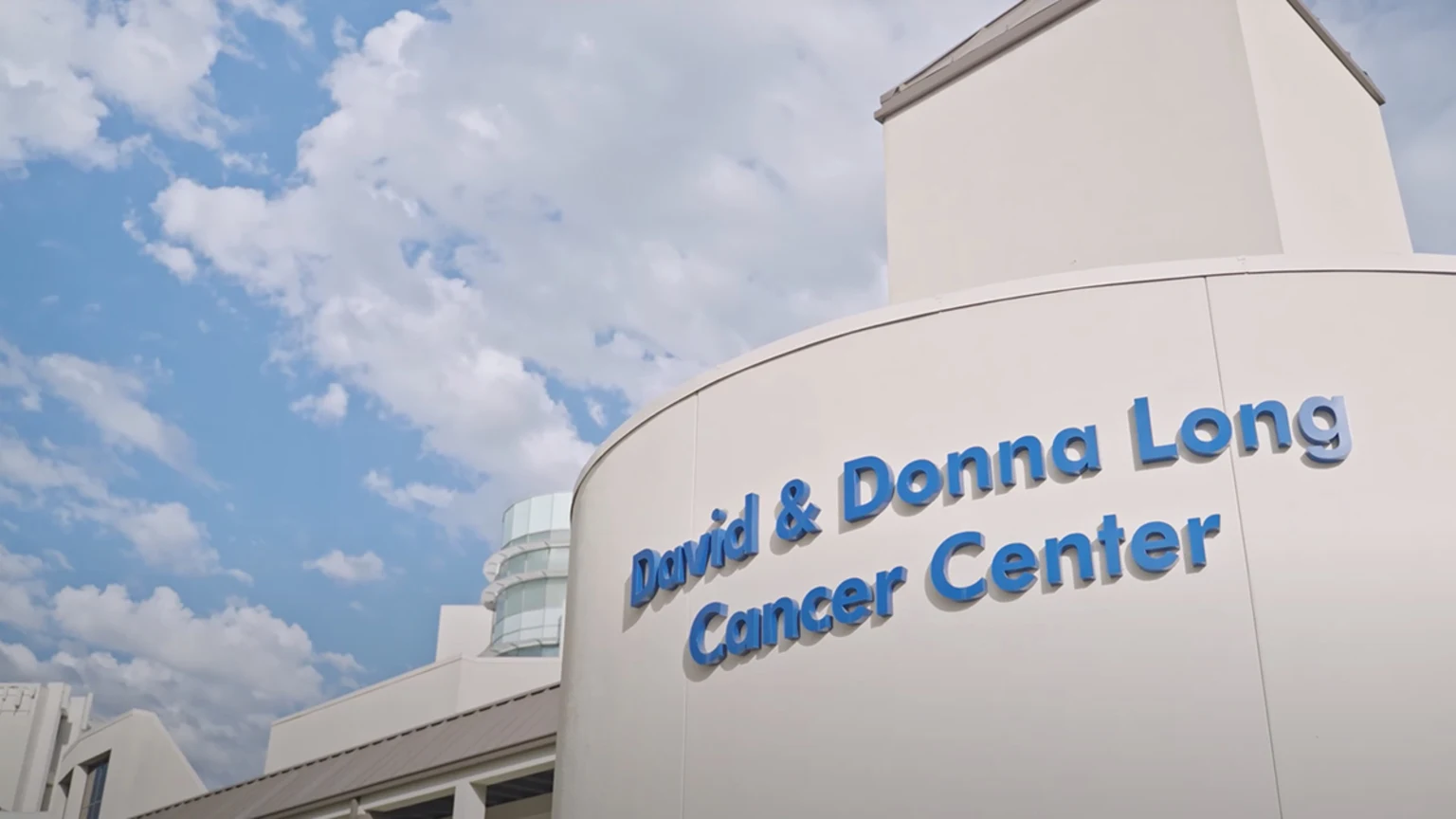Resources for cancer care

At the Cancer Centers of Sharp, we understand that cancer may be one of the most difficult challenges you and your loved ones will face. We’re dedicated to helping ease the burden of a cancer diagnosis so you can focus on healing.
We believe that knowing what to expect and where to find assistance can be helpful throughout your cancer experience.
Find support services at Sharp
We offer a range of support services, most at no charge, that can help you and your loved ones cope with your cancer diagnosis, treatment and the many emotions and challenges you may face.
Cancer treatment locations in San Diego
We offer cancer treatment across San Diego — from South Bay to East County to Kearny Mesa.


